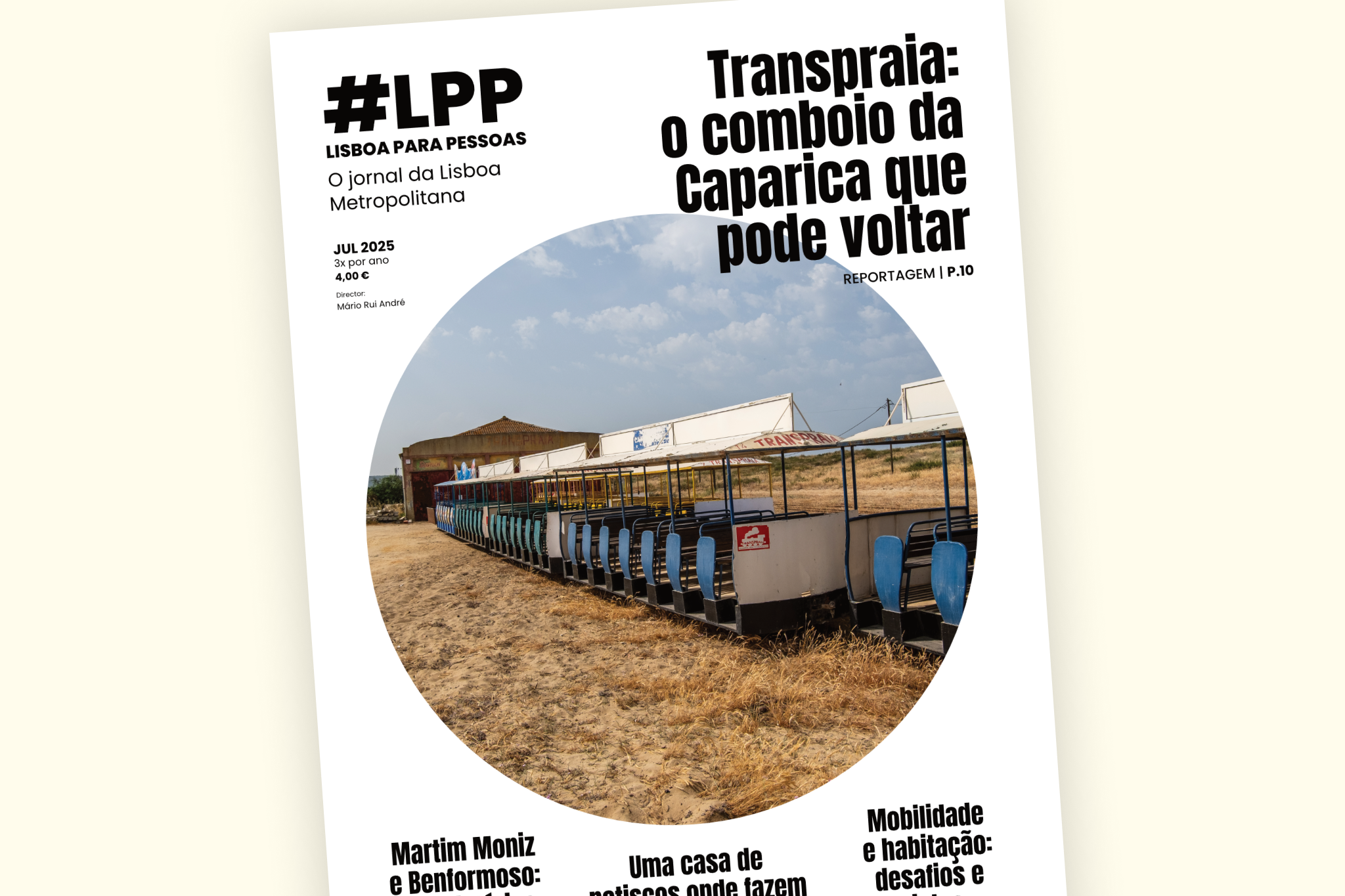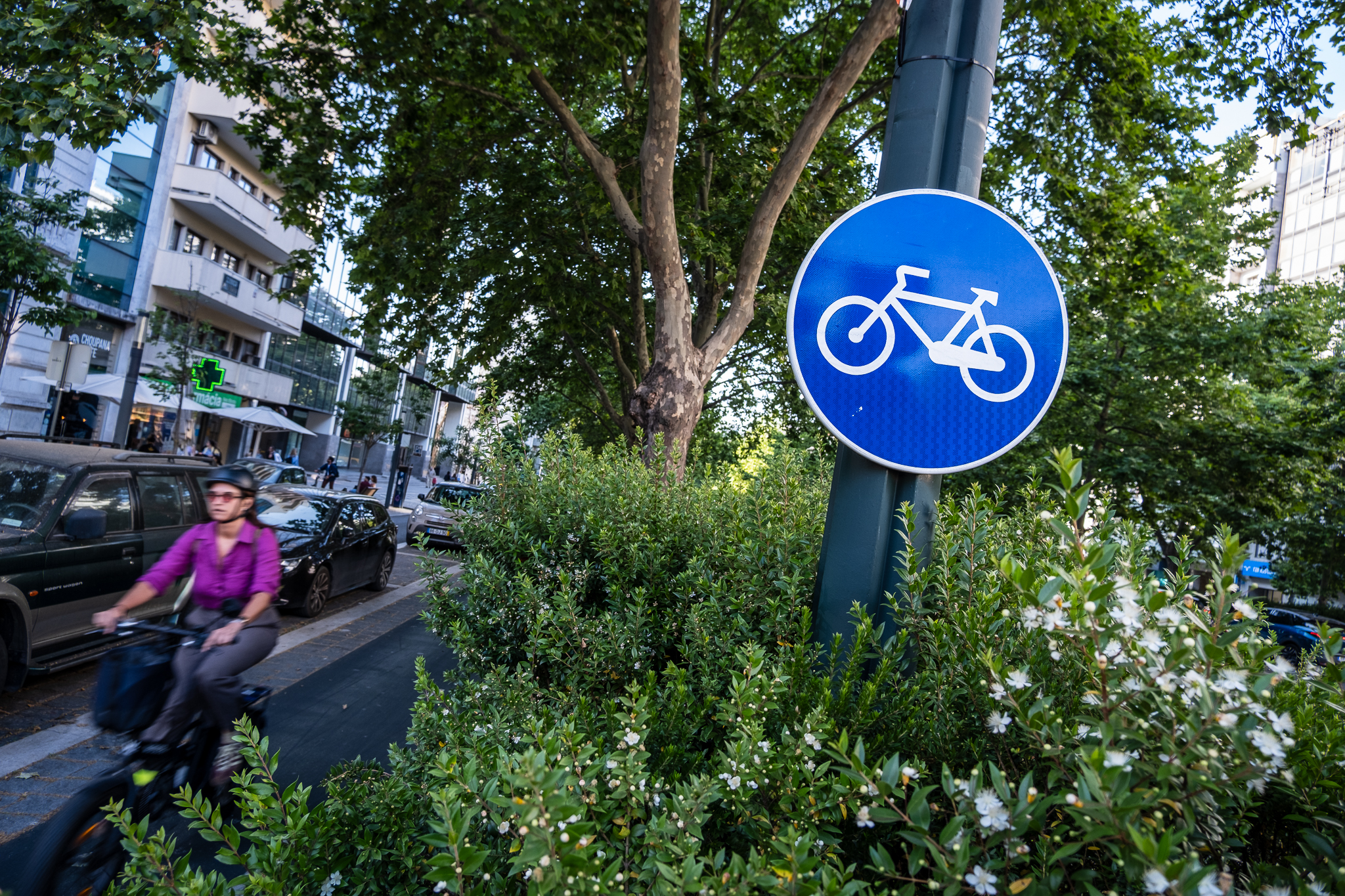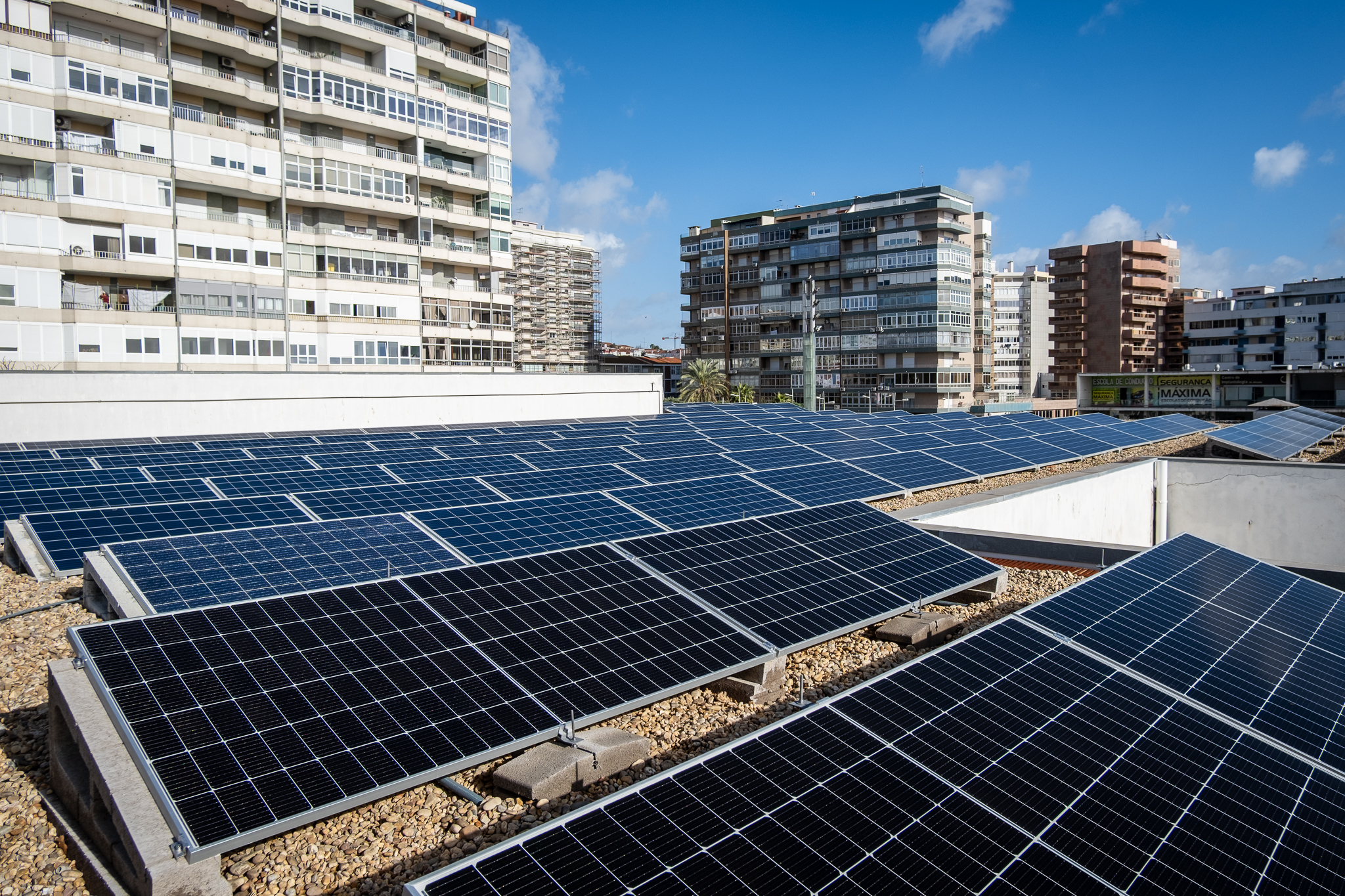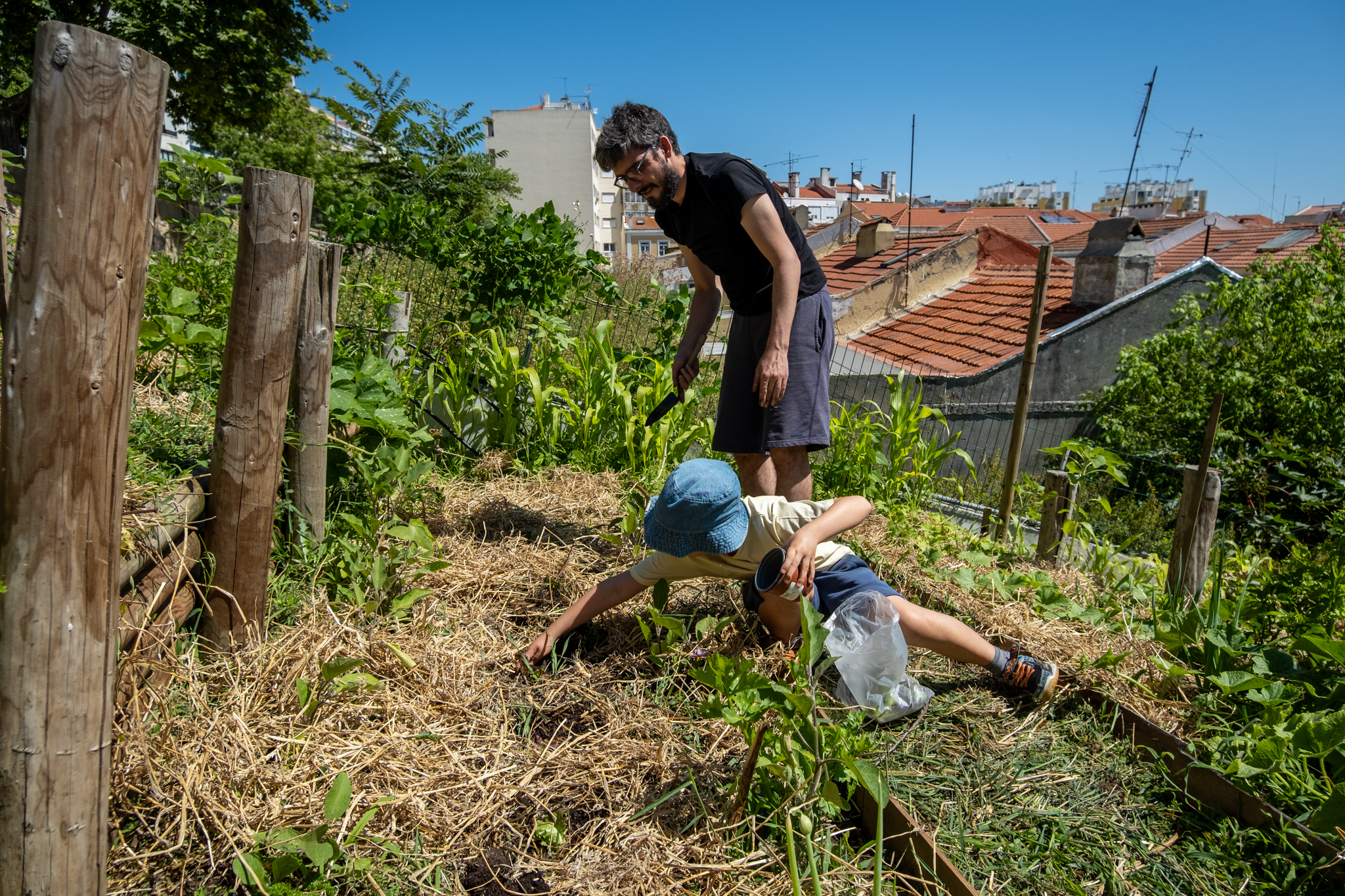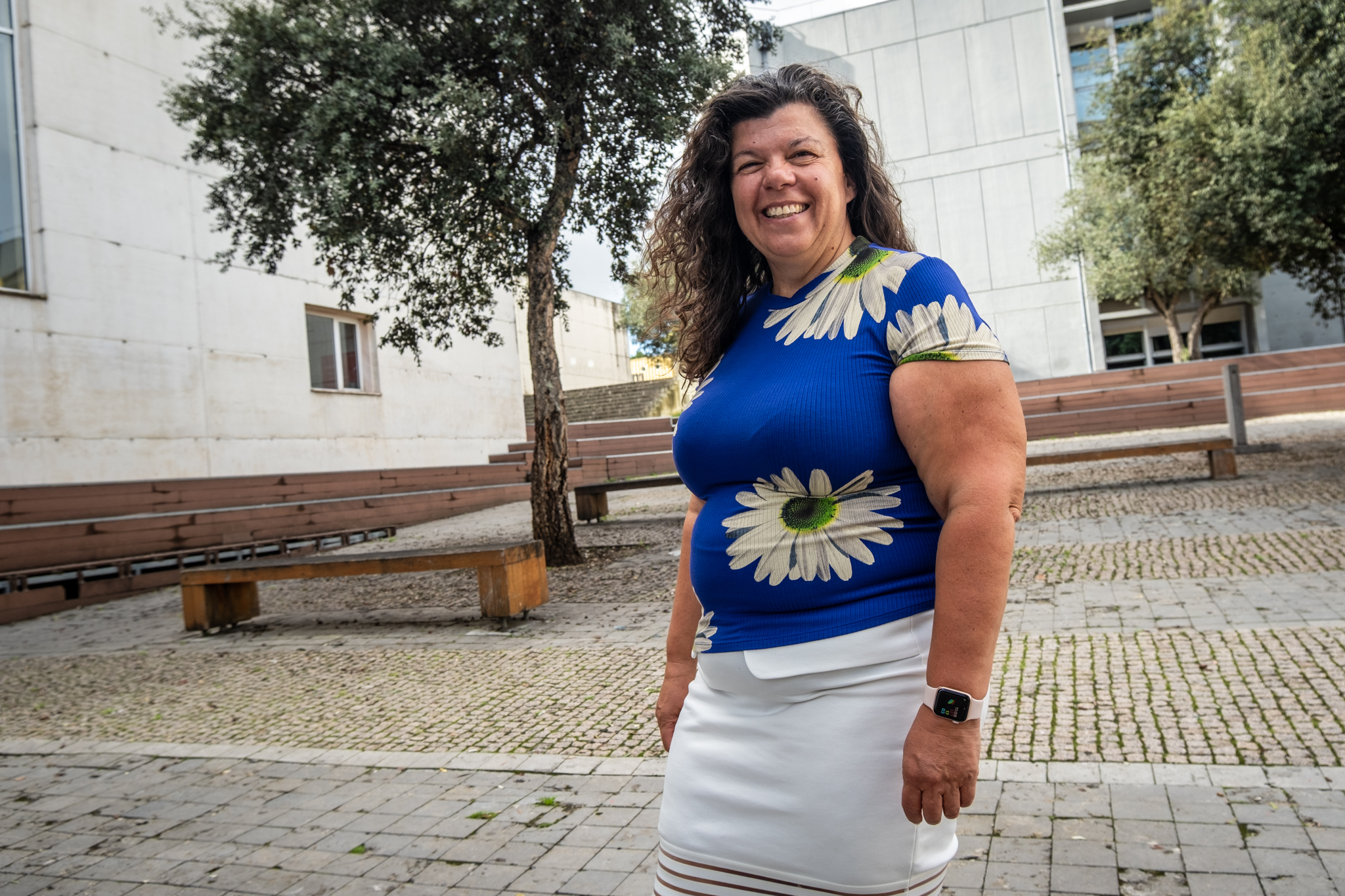The railway operator is turning off the escalators in its stations at off-peak times to save energy.
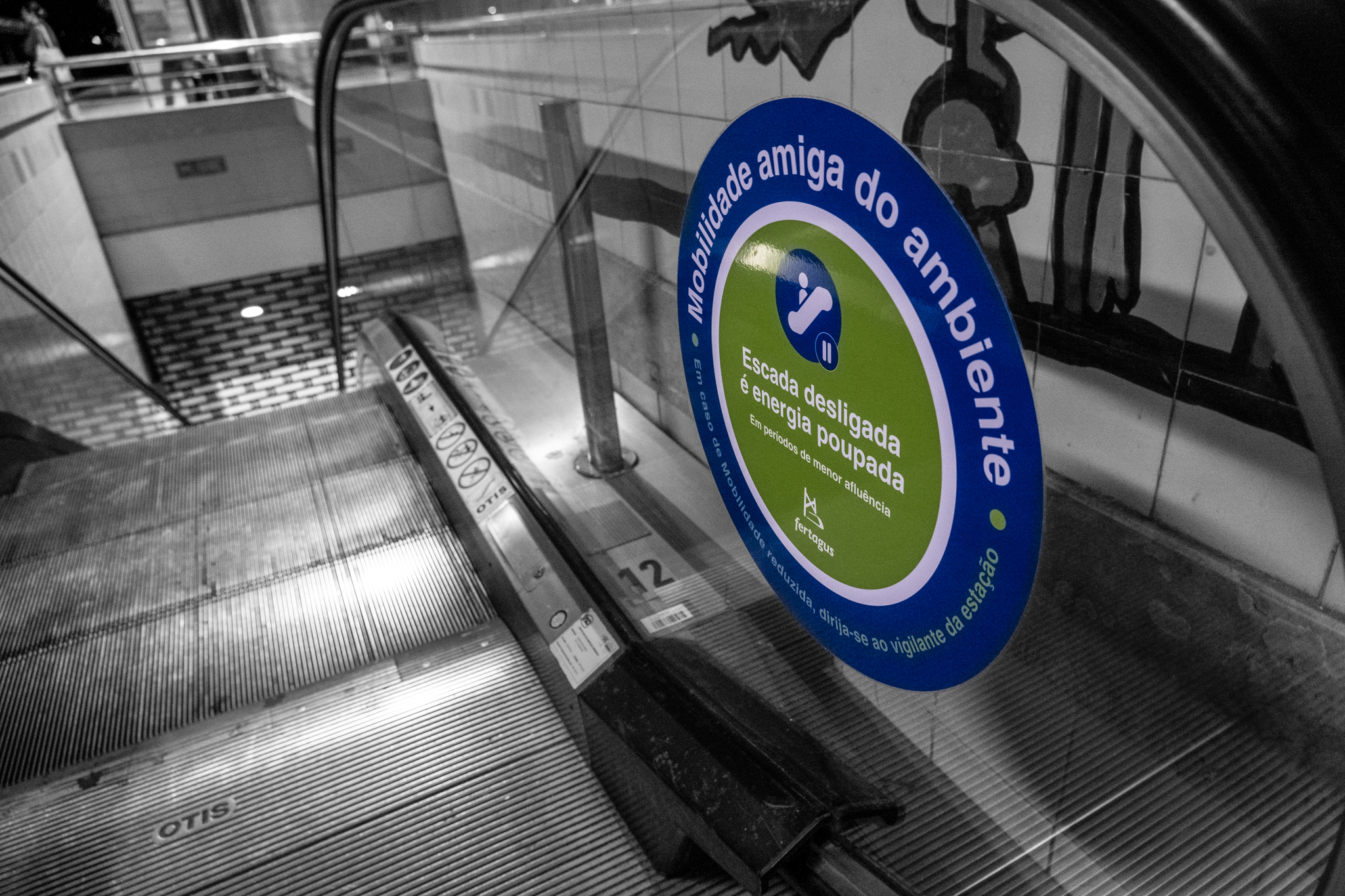
Anyone arriving by train at Pragal station in Almada between 9.30 a.m. on a weekday and the start of the afternoon rush hour you'll find the escalators closed. They won't just be turned off, they'll be effectively enclosed, with a railing that prevents anyone from climbing up or down manually (i.e. with the strength of their legs).
The situation at Pragal is repeated at other stations where Fertagus operates exclusivelyIn other words, where CP does not have an urban passenger service and where the management of the station has therefore been handed over by Infraestruturas de Portugal (IP) to the operator of the Barraqueiro group. We're talking about the Foros da Amora, Firecracker, Coina e Penalvaall south of the Tagus.
Returning to Pragal. Since June of this year, the escalators at this station have been operating on weekdays during the morning (between 6.50am and 9.30am), afternoon (between 3.50pm and 7.40pm) and evening (between 9.40pm and 11pm) peak periods; on Saturdays, Sundays and public holidays, they will only be activated between 9.40pm and 11pm. To LPP, Fertagus says that this equipment does not have start&stopIn other words, they are escalators that don't turn off automatically when they are not being used by passengers. These are escalators that can only operate at different frequencies, i.e. at normal speed when people are using them and at a lower speed when they are not in use, saving on energy consumption.
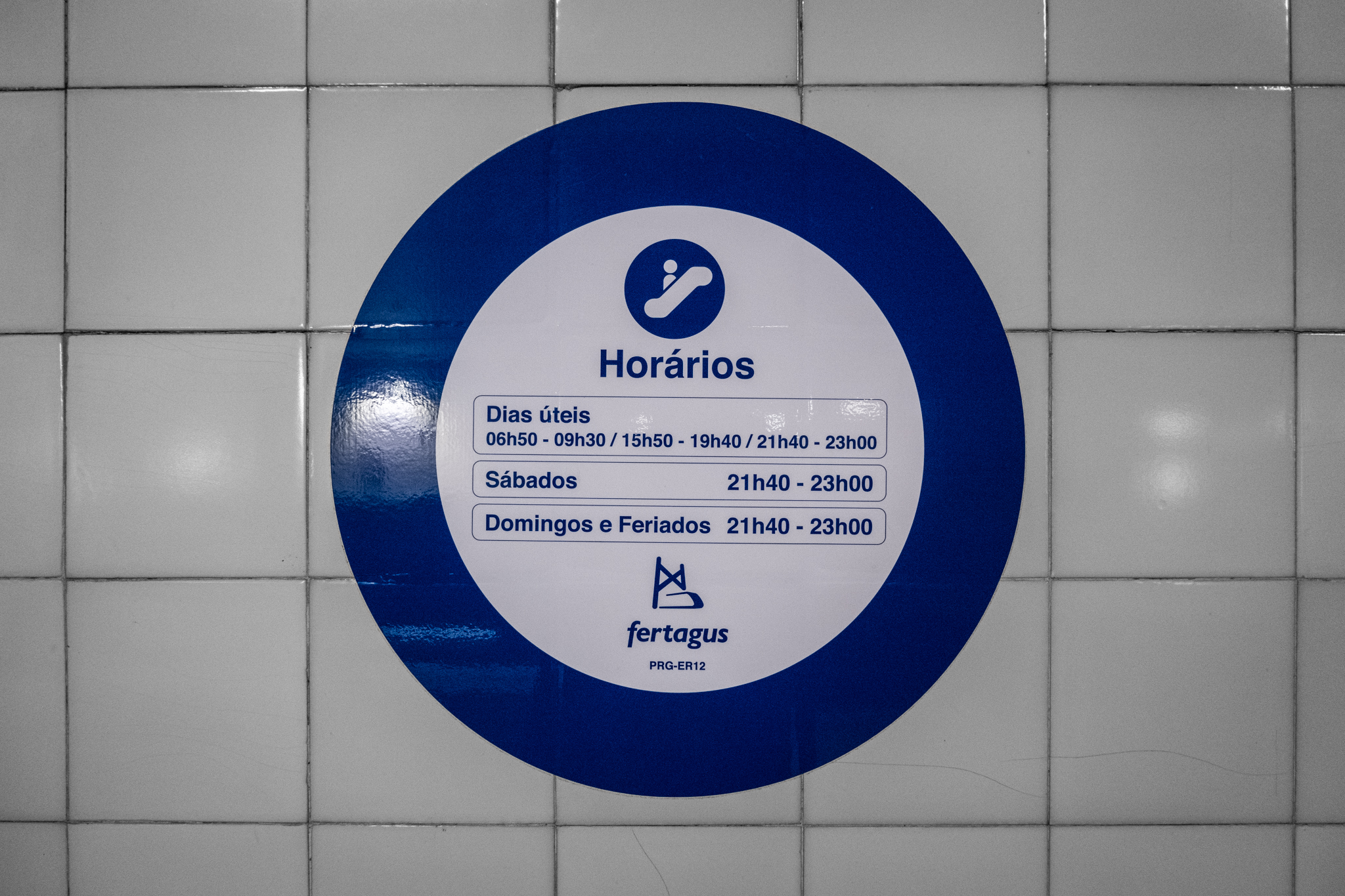
Fertagus explains that the implementation of timetables on the escalators has to do with their Energy Efficiency Plan 2022-2023, a document completed at the end of last year and which "includes the new operating schedules for escalators and elevators, with the aim of optimizing and increasing their energy efficiency by adjusting the operating hours of escalators and elevators to the periods of greatest customer affluence". This plan is intended to continue the work that Fertagus has been doing since 2021 in the field of energy efficiency and, the company says, has also been reinforced following a government directive. "These measures have been in place at Fertagus for several years, but they were intensified in response to the Council of Ministers Resolution no. 82/2022, from June 21, 2023″explains the company in a written response to LPP.
There is always an alternative, guarantees Fertagus
According to Fertagus, the plan "tried to find the best solutions" for each piece of equipment, since some, as mentioned, "have variable frequency drive systems, but not start&stop". The company guarantees that, "In the event of a breakdown in the platform access ladders, we have a redundancy plan that guarantees the activation of another escalator to access the same platform". It also states that, "For people with reduced mobility, during periods when the stairs may be turned off, the guard or employee can activate the stairs when necessary. In addition, all the stations have other forms of access, such as elevators or ramps".
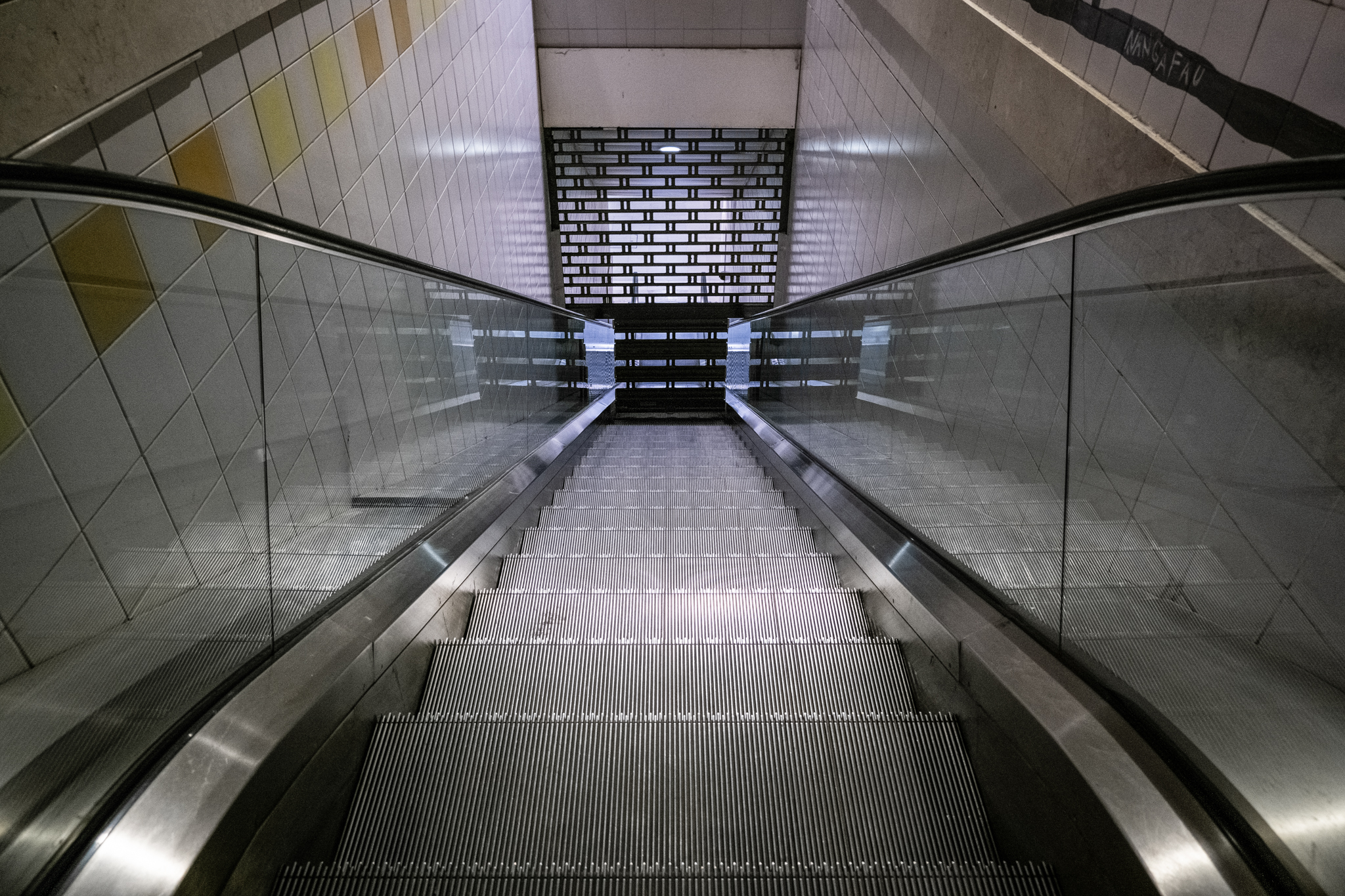
However, a passenger may not always feel that it is worth bothering a guard or anyone else to activate an escalator for personal use, because they have a little muscle discomfort (which they can handle) or because they are carrying a bulky object (which, despite everything, they can carry down the stairs). The use of an elevator may also not be perceived as justifiable by the passenger, due to the effort involved or the limited capacity of the equipment, given that there are more passengers. Escalators help with large flows, but they are also a matter of comfort - something that those who use public transport also deserve.
The railway operator hopes that "the implementation of these measures will result in a significant reduction in energy consumption at Fertagus stations"but he doesn't know how much. "At this stage, it is not yet possible to provide specific calculations on escalator consumption. It will take more time for us to have a term of comparison with similar periods"he said, in response to the question of whether he had any estimates.
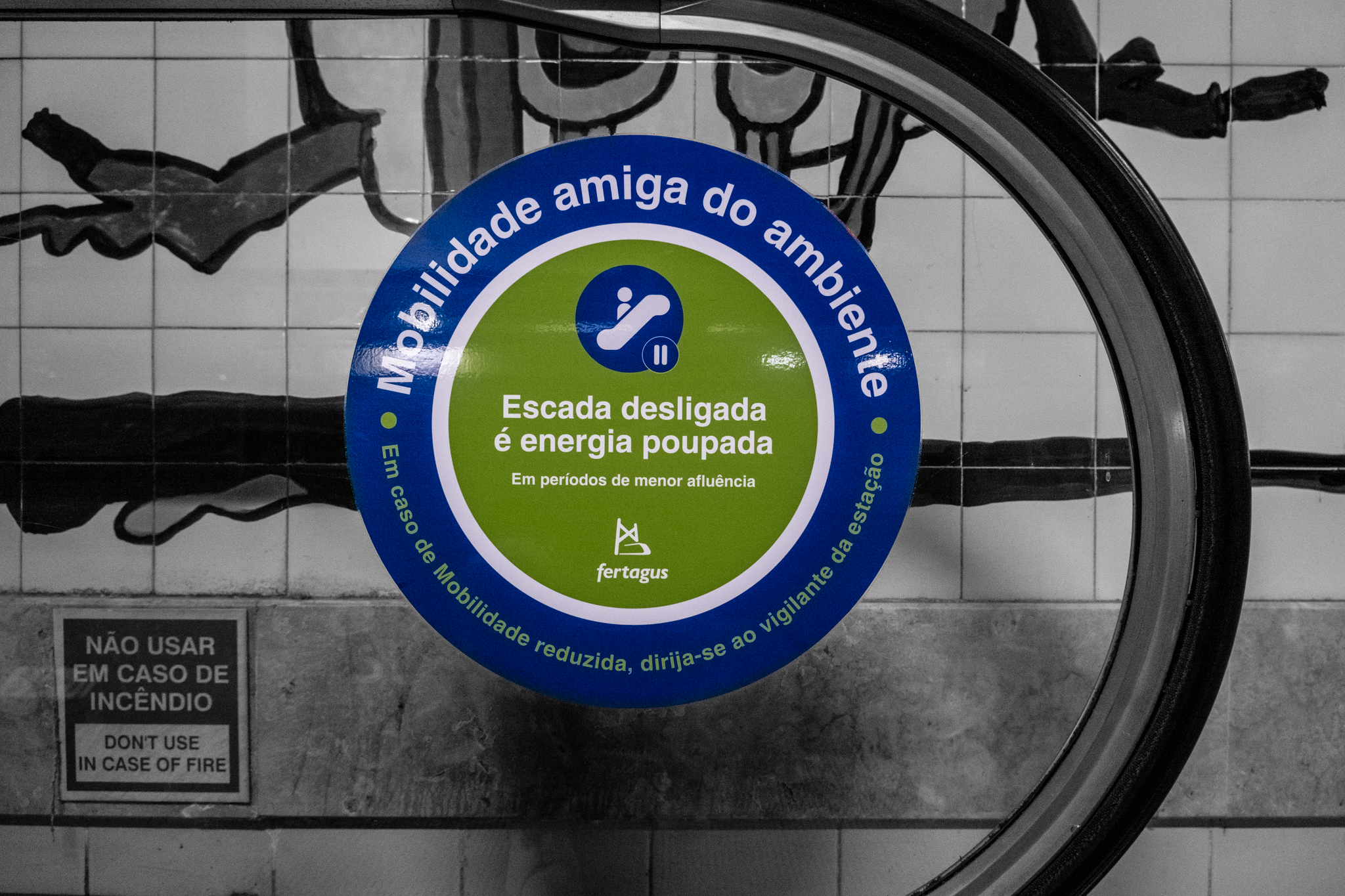
O Energy Efficiency Plan 2022-2023 Fertagus' strategic focus is on energy and water efficiency, as well as optimizing the use of available resources. "The plan includes additional measures to those already implemented within the scope of its management system, namely in terms of behaviors and recommendations, training and capacity building, and communication and awareness-raising," says the company. The document "was drawn up with the contribution of all areas of the company, with specific measures defined for each of them", and also aims to encourage the acceleration of the energy transition, focusing increasingly on the production of renewable electricity for self-consumption.
Fertagus isn't the only one saving on energy consumption. Infraestruturas de Portugal (IP), which manages the other train stations in the Lisbon metropolitan area, has also implemented energy-saving measures, including the automatic activation and deactivation of escalators depending on whether or not they are in use. start&stop. In several train stations, you can find stairs that appear to be switched off but activate when a passenger starts to climb or descend.


